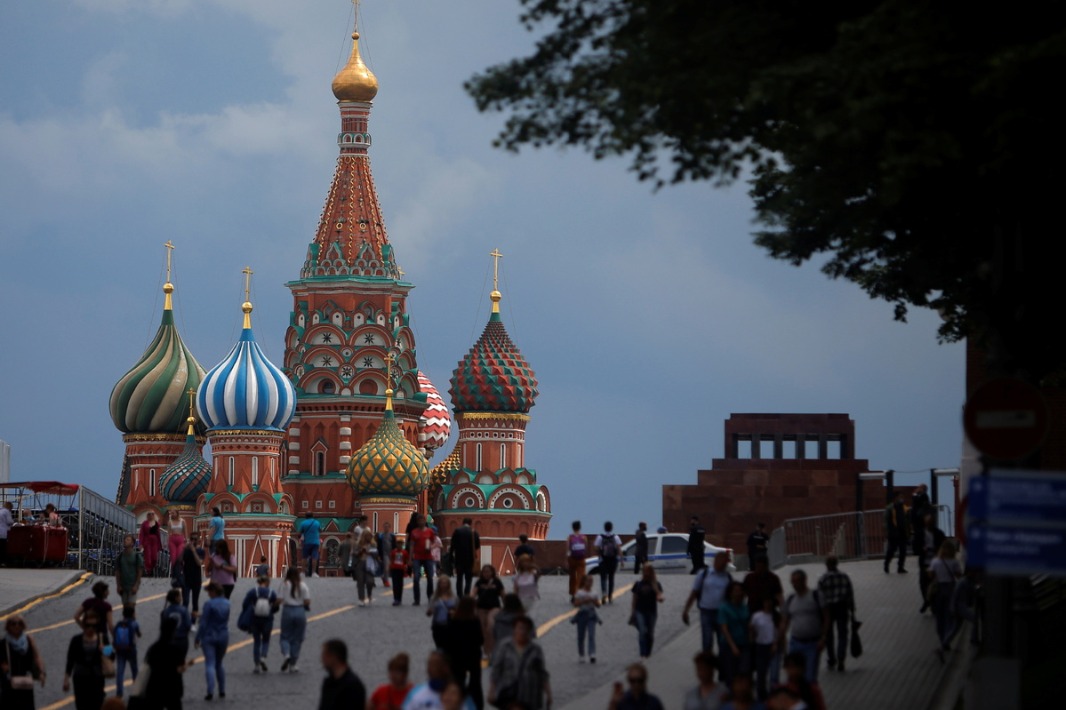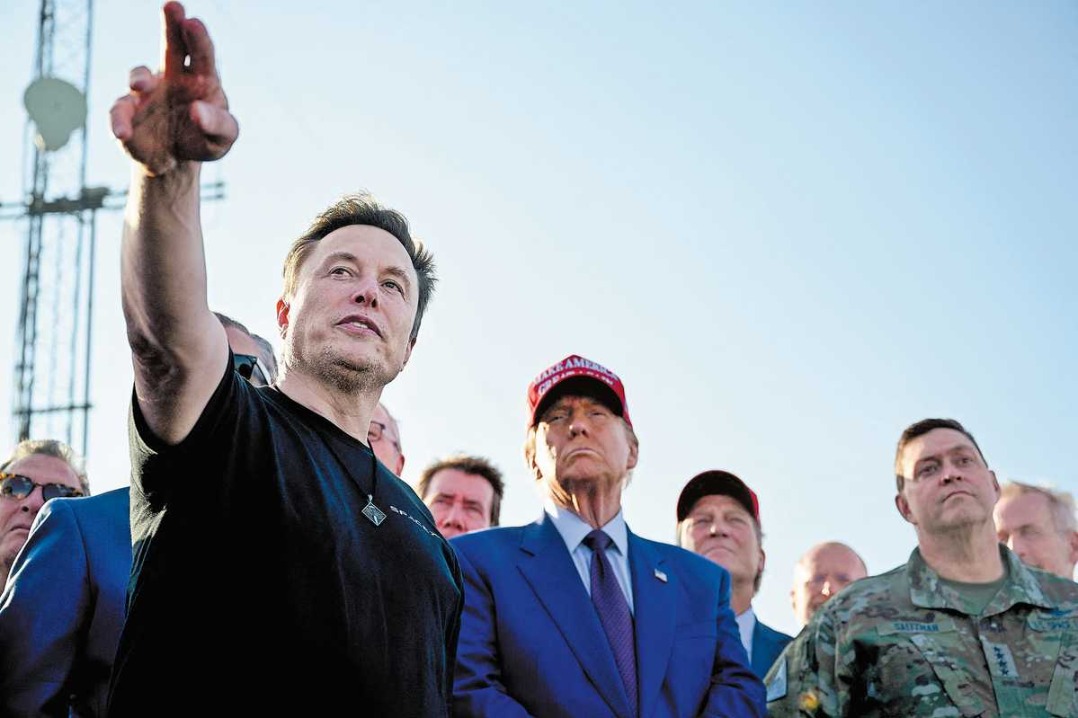Energy costs push UK inflation to 2.3 percent

Inflation in the United Kingdom increased to 2.3 percent in October, putting pressure on the Bank of England to wait until next year before making additional interest rate cuts.
Figures released by the Office for National Statistics, or ONS, on Wednesday showed that surging household energy costs pushed the consumer price index higher, breaking the pattern of declining inflation rates seen throughout the year.
This marked a significant shift from September's more modest inflation rate of 1.7 percent, which was the first time the inflation rate had fallen below the central bank's 2 percent target since 2021.
According to the ONS, while higher gas and electricity costs pushed prices up, this was partially offset by falling oil prices, which reduced transportation and manufacturing costs.
Contributing factors included persistent inflation in the services sector, which represents about 80 percent of the UK economy and that saw prices climb by 0.6 percent month-on-month.
Core inflation, which excludes volatile items like energy, food, alcohol, and tobacco, edged up to 3.3 percent for the year ending October 2024, said the ONS.
The October figure exceeded economists' expectations, with a typical household seeing their annual gas and electricity bills increase by approximately 149 pounds ($188), reported The Guardian newspaper.
The central bank's most recent forecast and a Reuters poll of economists had both predicted a CPI reading of 2.2 percent in October.
However, the rate of price increases remains significantly lower than it has been in recent years.
Quoted by various news outlets, Suren Thiru, economics director at the Institute of Chartered Accountants in England and Wales, said: "These figures confirm a disappointing resurgence in inflation as the recent tailwind from lower energy costs turned into a headwind in October, following the increase in (regulator) Ofgem's price cap, which drove a notable jump in household bills."
The sharp rise in inflation to a six-month high has diminished the likelihood of further interest rate reductions this year, according to analysts.
Economists at Capital Economics emphasized that temporary factors were behind the recent price increases.
"Much of this overshoot in core inflation and services inflation, was due to a sharp rise in airfares inflation, which the bank won't consider a sign of stickier price pressures," said its analysis.
Its forecast suggests that, unless November's inflation figures that are due on Dec 18, bring unexpected developments, the central bank is likely to maintain its current interest rate of 4.75 percent at December's policy meeting.
Business leaders have warned that the tax measures unveiled in the Labour Party government's recent budget could drive up consumer prices further, with early signs showing the increases have already dampened consumer confidence, reported The Guardian.
































